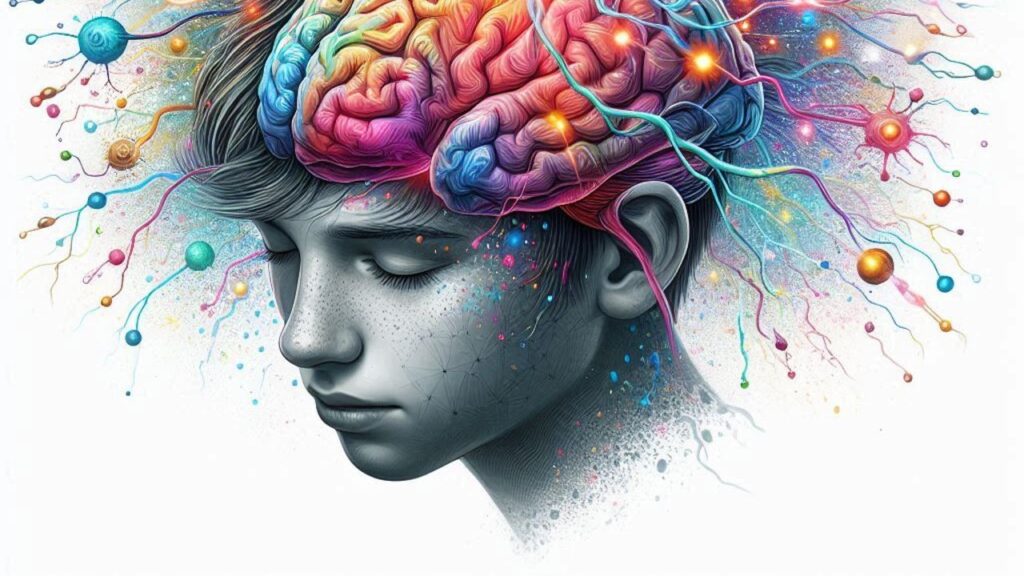
Why Teenagers React Emotionally

The teenage years are a time of rapid brain development, especially in areas that affect decision-making, impulse control, and emotional regulation. While adolescents often appear impulsive, moody, or prone to risky behavior, much of this can be explained by the brain’s development during this period.
The prefrontal cortex, responsible for rational thinking, decision-making, and self-control, is still maturing in teenagers and doesn’t fully develop until the mid-20s. This part of the brain helps us weigh consequences and filter our reactions, but in teenagers, it’s still “under construction.” As a result, they rely heavily on the amygdala, the emotional center of the brain, when responding to situations.
Because the prefrontal cortex is not yet fully operational, adolescents are more likely to react emotionally and with less thought to long-term consequences. This is why teenagers may seem to lack filters or make decisions based purely on how they feel in the moment, rather than with consideration for the future. They experience emotions intensely, and without the full ability to process those emotions rationally, their responses can appear impulsive or overreactive.
Understanding this biological reality is crucial for parents and educators. Instead of interpreting teenagers’ behavior as rebellious or defiant, recognizing the developmental factors at play can help guide them with patience, empathy, and support as their brains continue to mature.
Managing Teenage Emotional Development: Guidance for Parents and Teachers
Parents and teachers play a vital role in helping adolescents navigate the emotional and cognitive challenges of brain development. Here are some strategies that can help:
1. Foster Open Communication
Creating a safe space for teenagers to express their thoughts and feelings without fear of judgment is essential. Encourage them to talk about what they are experiencing, and listen actively without rushing to give advice. This can help them feel understood and less overwhelmed by their emotions.
2. Teach Emotional Regulation
Since teenagers struggle with impulse control, parents and teachers can model and teach techniques for emotional regulation. This might include deep breathing, mindfulness, or journaling. Helping teens identify and label their emotions allows them to gain better control over their reactions.
3. Set Clear Boundaries and Consequences
While teens’ emotional reactions can be intense, it’s important for parents and teachers to set consistent boundaries. Clear rules, with predictable consequences for breaking them, provide structure. Be firm but fair, and explain why boundaries are necessary, so teens understand the reasoning behind them.
4. Promote Critical Thinking
To help balance emotional reactions, parents and teachers can encourage teens to engage their developing prefrontal cortex by promoting critical thinking. Ask them to consider different perspectives or the potential consequences of their actions. This builds decision-making skills over time.
5. Offer Support, Not Overcontrol
While it’s important to guide teenagers, over-controlling their decisions can stifle their growing independence. Strike a balance by offering advice and suggestions, while still allowing them to make choices, learn from mistakes, and develop responsibility.
6. Encourage Healthy Outlets
Providing teens with opportunities for healthy expression, such as sports, arts, or other hobbies, helps them channel their emotions productively. Regular physical activity can also help manage stress and impulsivity.
7. Be Patient and Empathetic
Understanding that teenagers’ brains are still developing requires patience. Avoid taking their emotional reactions personally. Instead, respond with empathy and give them the space to learn from their experiences, offering guidance when needed.
By maintaining a supportive, structured environment, parents and teachers can help teens navigate their emotions, build self-regulation skills, and transition smoothly into adulthood.
Alwyn Burger
Life Coach